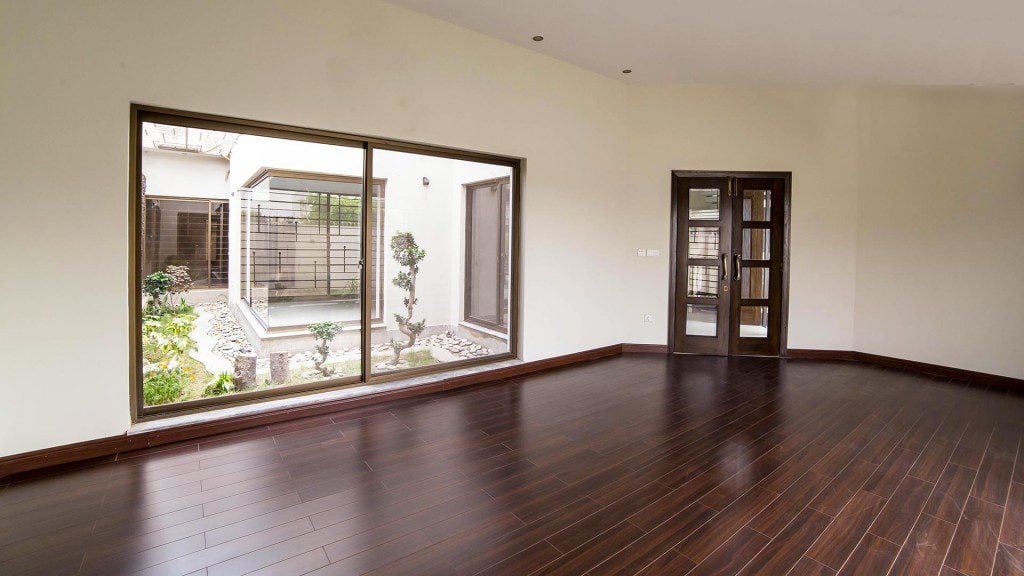How Hard Water is Slowly Choking Your Plumbing System
Hard water is a widespread issue affecting millions of households worldwide. It contains high concentrations of minerals such as calcium and magnesium, which can accumulate inside plumbing systems over time. These minerals dissolve in water and solidify into limescale when exposed to heat. This buildup progressively reduces water flow, leading to increased pressure within pipes and eventual drain blockage.
Understanding Hard Water: What Makes It a Threat?
The impact of hard water extends beyond simple inconvenience—it can cause severe damage to plumbing infrastructure, increase maintenance costs, and even impact the efficiency of water-dependent appliances such as dishwashers and washing machines. If left untreated, hard water deposits can severely choke your drainage system, leading to extensive and costly repairs.
The Hidden Impact of Hard Water on Your Drains
Hard water doesn’t just create minor plumbing annoyances—it has long-term consequences that affect the entire drainage system. Some of the most critical issues caused by hard water deposits include:
- Scale Formation – A thick layer of mineral deposits accumulates inside pipes, narrowing the diameter and restricting water flow. Over time, this can lead to complete pipe blockages, requiring professional intervention.
- Frequent Blockages – Hard water limescale acts as a sticky surface that traps debris, soap scum, and grease, making blockages more common and harder to clear.
- Pipe Corrosion – Mineral buildup creates an uneven surface inside metal pipes, accelerating rust and weakening pipe integrity. This leads to leaks, bursts, and costly plumbing failures.
When your drain is blocked due to mineral buildup, it affects water flow efficiency and increases the risk of backflow, creating unsanitary conditions. Ignoring these issues can lead to further complications, requiring extensive plumbing work and pipe replacements.
Signs That Hard Water is Blocking Your Drains
Recognizing the signs of hard water blockages early can help prevent significant plumbing issues. Common indicators include:
- Slow Drainage – Water struggles to move through the pipes, causing sinks, showers, and bathtubs to drain sluggishly. This indicates that mineral deposits are restricting water flow.
- Unusual Noises – If you hear gurgling sounds coming from your drains or pipes, it’s a sign that water is struggling to move past a partial blockage.
- White Residue – A chalky, white residue around faucets, showerheads, and pipe joints suggests excessive mineral buildup, which likely extends into your drainage system.
Ignoring these warning signs can lead to complete drain blockage, requiring costly professional plumbing services to resolve the problem.
How Hard Water Affects Different Plumbing Materials
Not all plumbing materials react to hard water in the same way. Understanding how different pipes respond to mineral deposits can help homeowners take preventative action:
- PVC Pipes – While resistant to rust and corrosion, PVC pipes are still susceptible to internal scaling, which reduces water pressure and flow.
- Metal Pipes – More vulnerable to hard water damage, metal pipes (such as copper and galvanized steel) corrode faster when exposed to mineral deposits. This corrosion weakens the pipes and increases the likelihood of leaks.
- Older Plumbing Systems – Homes with aging pipes experience worse blockages because years of hard water exposure create thick limescale layers, severely restricting water movement.
By understanding these material differences, homeowners can choose suitable maintenance techniques to minimize damage and prevent blocked drains.
Can Chemical Cleaners Solve Hard Water Blockages?
Many homeowners rely on chemical drain cleaners to address hard water-related blockages. While these solutions may offer temporary relief, they come with several downsides.
Pros:
- Provides quick relief for minor clogs by dissolving organic matter and debris.
- Readily available and easy to use without professional assistance.
Cons:
- Harsh chemicals can weaken pipes over time, leading to leaks and structural damage.
- Ineffective against severe mineral buildup, as they do not dissolve hardened limescale.
- Harmful to the environment, contributing to water pollution and toxicity.
For persistent hard water blockages, professional descaling treatments or hydro-jetting services are often the best solutions, ensuring a thorough and long-lasting fix.
Preventing Hard Water Damage to Your Plumbing System
Prevention is key when dealing with hard water issues. Homeowners can take the following measures to protect their plumbing systems from blockages and damage:
- Install a Water Softener – Water softeners remove calcium and magnesium from water, preventing scale buildup and improving overall water quality.
- Regular Maintenance – Flushing your drains periodically with vinegar or a water-softening agent can help dissolve minor mineral deposits before they become problematic.
- DIY Remedies – Using natural descalers like baking soda and lemon can reduce limescale accumulation without damaging your pipes.
By incorporating these preventative methods into your routine, you can significantly reduce the risk of blocked drains and extend the lifespan of your plumbing system.
The Future of Plumbing: Can Technology Solve Hard Water Issues?
Advancements in plumbing technology are offering promising solutions to hard water-related issues. Innovations include:
- Smart Filtration Systems – These advanced water treatment systems detect and neutralize hard minerals before they enter your plumbing, reducing scale formation.
- Self-Cleaning Pipes – New developments in pipe materials and coatings prevent mineral deposits from adhering to surfaces, minimizing blockages.
- Automated Drain Maintenance – Smart sensors monitor water flow and detect early signs of blockages, alerting homeowners before major issues arise.
These technological advancements aim to provide long-term solutions to blocked drains and hard water damage, making plumbing systems more efficient and maintenance-free in the future.
Final Thoughts
Hard water is a silent threat to your plumbing system, gradually restricting water flow and causing blockages that lead to expensive repairs. Recognizing the warning signs and implementing preventative measures can help mitigate the risks associated with mineral buildup. By investing in water softeners, regular maintenance, and emerging plumbing technologies, homeowners can protect their drains from the damaging effects of hard water, ensuring a smooth and efficient plumbing system for years to come.













Post Comment